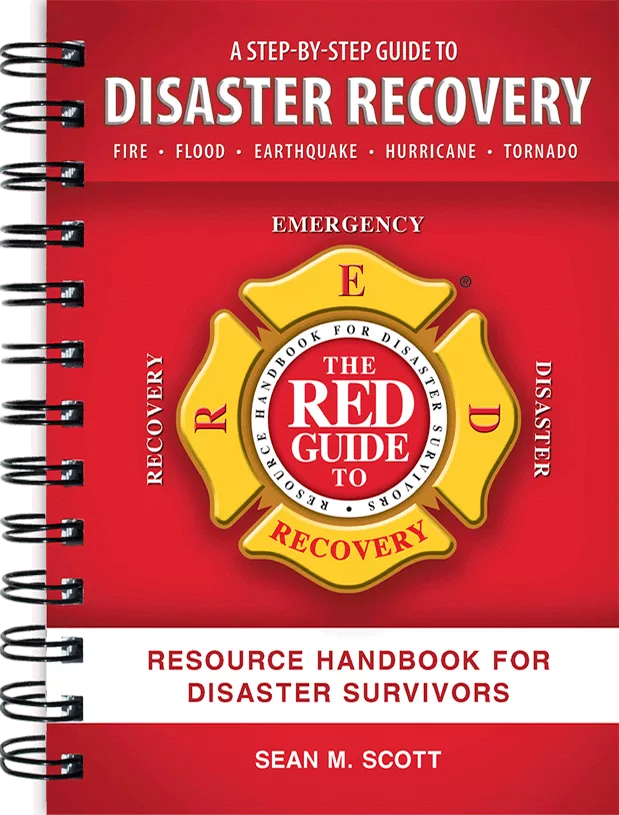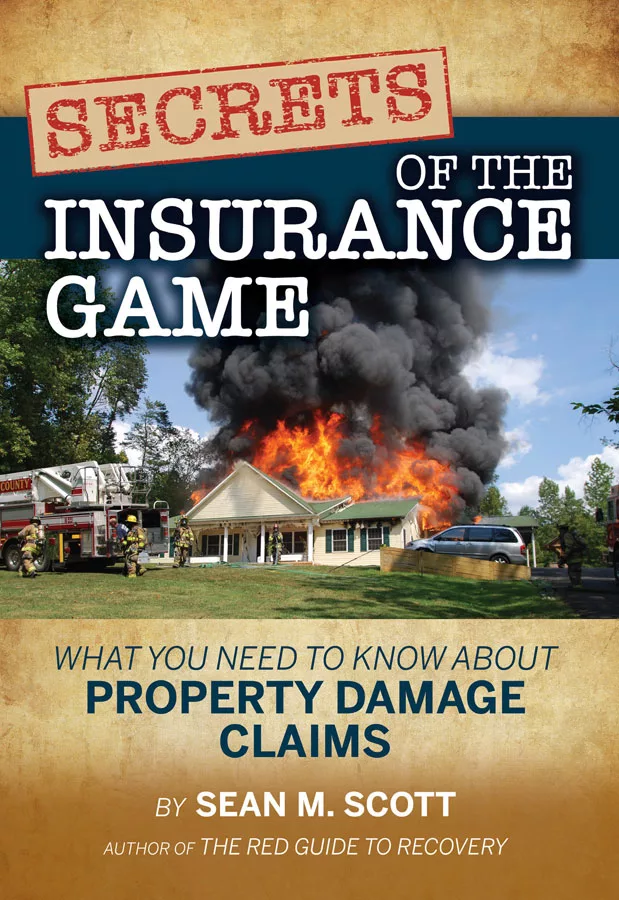ABRA-cadabra: Bio-recovery conference highlights risks, rewards

It’s something many people wouldn’t give a second thought: a slip, an accident, and suddenly there’s a small pool of blood on the floor. Instinctively the thought is, “Clean it up, get on with the business at hand.” Simple.
Except that, if you happen to be the employee who takes the initiative and moves in armed with mop and bucket, odd as it sounds, you may be fired. And if you’re the employer, well…
Federal Regulation 29CFR1910.1030 states that no employee can be placed in a position to be exposed to blood spills without first:
- Receiving bloodborne pathogen (BBP) training.
- Having a written BBP exposure control plan.
- Having been provided personal protective equipment.
- Having been offered Hepatitis B vaccine and exposure evaluation and follow-up.
- Being provided with a method to remove and properly store the bio-hazardous waste in properly marked containers for disposal at an approved site.
Only after these five steps have been met can an employee be required by his or her employer to clean a bio-hazardous/crime scene.
Doesn’t sound so simple now, does it?

The American Bio-Recovery Association, established in 1996, has been the vanguard of the segment. Founded by Kent Berg, ACBTI, the association’s objective is “to achieve and maintain the highest levels of competence among members in the performance of their profession. To teach, instill and require the highest technical, ethical and educational standards.”

“City and county contracts. I know a lot of you probably have them, but for those of you that don’t, that’s the way things are going,” Cory Chalmers of Crime Scene Steri Clean in Garden Grove, Calif., said. “All states have local standards, they have best-management practices, they’re getting them in place. Some are a little more proactive than others … but in the big picture, a city’s liability of having their officers or other people clean scenes is too great. So in the future, we’ll be seeing a lot more of that.”
As with all burgeoning industries, the growth of bio-recovery and the demand for its services is bringing with it a whole new set of operating concerns.

“You had no competition for a number of years, and now you have a lot of competition. You were kind of flying under the radar, and now you have a fair amount of media attention,” Pinto said. “You were pretty much able to set your own cost figures, and you’re seeing the results of that, like Cory said. Some people come in and set their cost figures fairly, because they come with a service attitude and they just want to make a fair profit on it. Other people, of course, when they see that opportunity, enter into the market strictly because they think they can make a lot of money. ‘Mold is gold,’ except now it’s ‘blood is gold.’”
An international association, with members in Australia, Canada and Europe as well as the United States, ABRA today finds itself in an interesting situation. Originally focusing on crime and trauma scene cleaning, the scope of bio-recovery technicians has grown to include the decontamination of diseases associated with bird waste, rodent waste, human waste; clandestine drug lab cleanup, communicable disease infection control; pickup and transport of medical waste; the remediation of bioterrorism-related contaminants such as anthrax, and more.

The final day offered a special treat. David LeMaster, a Las Vegas Metropolitan Police Department crime scene investigator and forensic scientist, addressed the issue of “Crime Scene Chemicals” and other aspects of his profession, including the reading of bloodstain patterns (direction, point of origin, etc.), why fingerprints are processed (the skin is unique and permanent through a person’s lifetime), and why he has a strong dislike for paper bags (fingerprints can be smudged or destroyed. “The worst thing you can do with evidence is put it in a paper bag and put it in the evidence vault,” he said.).

ABRA’s 2008 Conference is set to be held in Las Vegas, Sept. 25-27. For more information go to www.americanbiorecovery.com.
Looking for a reprint of this article?
From high-res PDFs to custom plaques, order your copy today!





